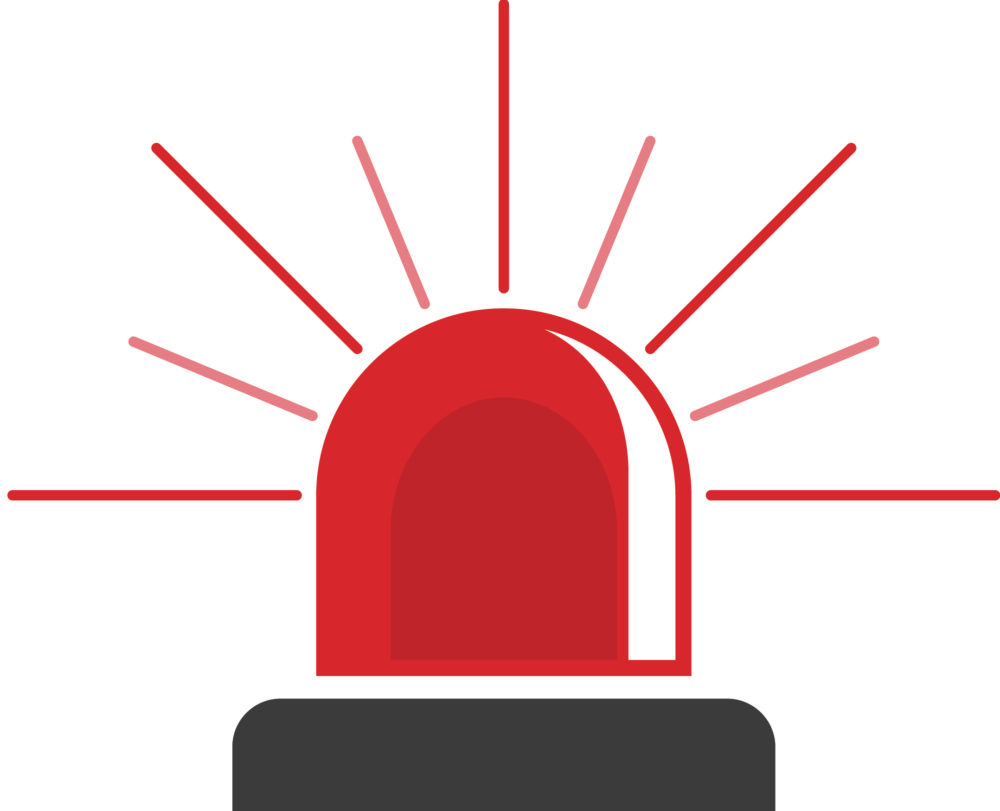
BBB® of the Upstate Urges Seniors to Lookout for Common Scams
By: Vee Daniel, CEO/President
Better Business Bureau of the Upstate
June 15th is World Elder Abuse Awareness Day. Better Business Bureau® serving Upstate South Carolina wants seniors to be wary of common scams targeting consumers 65 and older throughout the year. From The Grandparent Scam to Financial Scams, both seniors and their caregivers should be aware of scams that commonly target them.
The following are frequent scams designed to trick consumers, especially older generations, into giving up their money, property or personal information:
The Grandparent Scam: Scammers call an older person and say something such as, “Hi Grandma, do you know who this is?” Responding with a name will allow the scammer to be able to establish a false identity, then ask for money to solve some unexpected problem. They may say “I’ve been arrested” or “hospitalized” and need money for medical purposes, to get out of jail, or to get back home. They’ll generally ask for payments to be paid via Western Union, MoneyGram, MoneyPak cards, or other untraceable methods. They’ll also usually ask that the grandparent not tell their parents.
Door-to-Door Sales Scams: People go door-to-door and offer extraordinarily low prices for home improvement work, often stating the offer is only good at that moment. Door-to-door salespeople are often transient, and if you’re unsatisfied with the work or don’t receive the products you paid for in advance, there may be no way of finding them to get your money back. Check with BBB on all companies before doing business at bbb.org or by calling 864-242-5052.
Charitable Donations Scams: Con artists claiming to work with a charity will ask for donations or money for raffles. Make donations only to charities that you are familiar with, and whose report you’ve checked with Give.org, BBB’s Charity website.
Health Care Fraud Scams: Scammers will call or e-mail misrepresenting themselves as Medicare or insurance representatives, stating they will be sending a new card or announcing a new plan and stating personal information is necessary. Sometimes, they’ll falsely state that an initial payment needs to be made for the new card or plan. Scammers are simply attempting to get personal or financial information and scam you out of money.
Telemarketing Fraud: Telemarketing scams usually involve offers of free or low-cost products or devices, bogus health care products (such as supplemental insurance or prescription cards) and inexpensive vacation offers. Those who are 60 years of age and older and who live alone are special targets. Never give personal or financial information over the phone to someone you don’t know, and make sure you are registered with the National Do Not Call Registry through the FTC. Report soliciting or suspicious phone calls to the FTC as well. In most cases, you don’t need to know who called you or where they’re located, you only need the phone number to report.
Investment Schemes: After retirement, the plans you’ve made for how you’re going to spend your time and money finally come to life. Scammers target seniors at this time because they know they’re retired and making plans to safeguard finances for their later years. Be wary of pyramid schemes, investment schemes promising quick and plentiful returns, advance-fee schemes and foreign letter fraud schemes.
Travel Scams: Travel offers come by mail, phone, fax, and e-mail, and offer cheap rates, freebies, and promotions for travel packages or vacation clubs accompanied by “free” restaurant gift certificates, gas cards, or other gifts for attending presentations. These presentations obligate you to sit through high-pressure sales pitches. Know that it is unlikely you will get a refund once you sign a contract. Also, be especially wary of timeshare sales, resale and timeshare donation offers.
Can You Hear Me? Scam: Scammers call consumers asking “Can You Hear Me?” or other questions in an attempt to get a “yes” answer. Once the consumer responds, their affirmative may be recorded and used at a later time to say they agreed to a payment or a product. Keep your eye on bank and credit card statements for charges you do not recognize.
BBB wants consumers to be aware that scammers often look for people who have already been scammed in the past. If you’ve been a victim once, chances are you’ll be called again by other scammers.
Should you become the target of a scam, call the BBB Elder Fraud program hotline at (864) 240-2080. You can also email questions or concerns to info@upstatesc.bbb.org. The mission of the BBB Elder Fraud program is to assist seniors in recognizing and resisting fraudulent offers and possible scams.



